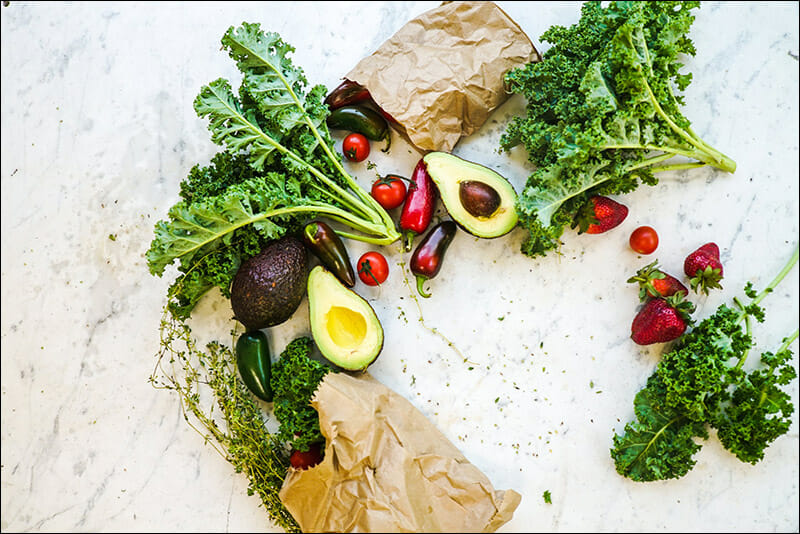Addiction, Eating and Mental Healing
Addiction, Eating and Mental Healing
A successful recovery involves cleansing both the mind and body. Overcoming the mental component can be worked through with therapies, meditation and open dialogues. But what about the physical healing?
Yes practices like detox are the logical first step, but to truly rid your body of the toxins brought on by addiction a dopamine boosting diet is essential.
Find Help Now
Structuring a proper meal plan is something we value greatly at Iris and we are certainly not alone. For this discussion, we’d like to share the long-lasting benefits of transforming your eating habits.

One of our proven methods of success involves a Low-Glycemic Diet. You can read about it more on our site, but in a nutshell it involves cutting out things like sugar, caffeine and white flour from your daily intake (similar to what you’d fine in a Mediterranean Diet or Dr. Perricone Diet).
The truth of the matter is, there are scientific facts that prove sugar balancing, low-glycemic meals help restore dopamine levels and reduce relapse cravings.
Of course food alone cannot completely rid someone of the urge to use, but, when combined with an effective 12-Step Program (which we offer at Iris), clear-cut results begin to emerge. On our site, we shared some Q&A tips with Joan Borsten, author of a successful recovery diet book.
“A low-glycemic diet is a powerful tool to support your program of recovery,” she explained. “We strongly recommend combining it with a 12-step or other recovery program, inpatient or outpatient treatment…It is common for people in early recovery to miss caffeine and sugar, especially. However there are delicious recipe options that help ease that transition.“
And there are plenty of other experts who agree with this notion. U.S. News & World Reports recently published a very informative piece on the importance of healthy eating during the recovery process. They specifically singled out the H.A.L.T. acronym that is commonly used for people who are newly sober. It stands for “Hungry, Angry, Lonely or Tired,” four key elements that have been known to lead to relapses.
Hunger, as you can see, is element number one and a potential trigger point for someone who is vulnerable and working their way past an addiction.
“It is critical for people in early recovery to develop a foundation of good eating,” recovery expert Beth Kane-Davidson told the site. “People who’ve been abusing alcohol and drugs often haven’t been practicing good nutrition. Addicts are focused on getting their next high. Many people consuming alcohol excessively don’t feel hungry because they’re putting a lot of fluids in their body. They’re not thinking about what to have for breakfast, lunch or dinner. They need to build up their physical defenses, their whole foundation of health. The importance of overall health in recovery can’t be overstated.”
It is also important to emphasize the vitamin and mineral deficiencies present in those battling an addiction. A majority of alcoholics and drug abusers tend to be malnourished, lacking sufficient levels of Vitamin B (which produces energy) and Vitamin D (which regulates calcium absorption). Blending a dopamine boosting diet with a healthy meal regimen, like we do at Iris, can make a world of difference and create immediate results. Examples can include everything from wild salmon, to dark green leaf veggies, to healthy grains; incorporated throughout the day.
We highly encourage anyone exploring the recovery journey to reach out to us about the complete experience. Cleansing your mind, body and soul requires multiple components, particularly a healthy intake of nutritious meals.




